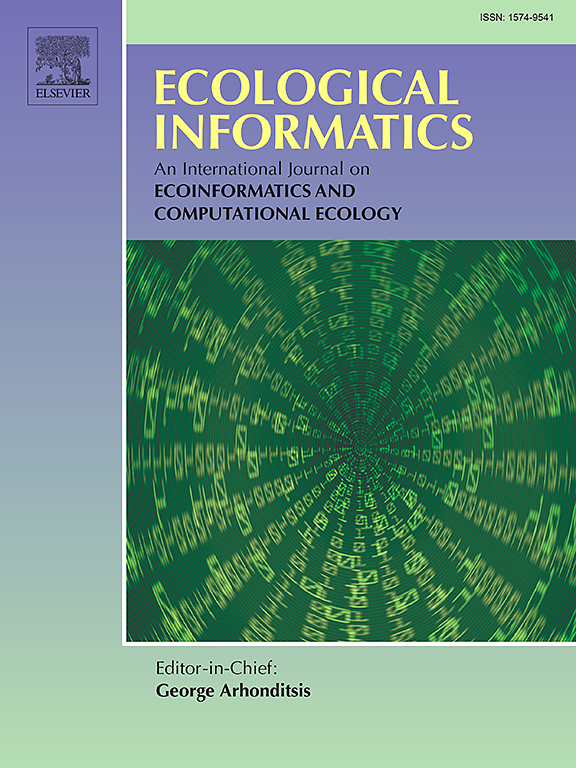Challenges of passive citizen science in ecology within a shifting social media landscape
IF 7.3
2区 环境科学与生态学
Q1 ECOLOGY
引用次数: 0
Abstract
Effective conservation relies on comprehensive ecological data, including detailed species occurrences, to track distribution shifts, detect invasive species, and assess wildlife-human interactions. Despite recent technological advancements, environmental and biodiversity monitoring still faces financial and logistical limitations. Passive citizen science, which gathers data from social media platforms, provides a complementary approach that has proven effective in monitoring plants, insects, coral reefs, birds, recreational fishing, or marine pollution, among others. However, the rapid transformation of established social media platforms, the emergence of new distributed networks, and the rise of misinformation are reshaping the social media landscape and casting uncertainty on the future of this method. In this Viewpoint article, we review the current challenges of passive citizen science and call for strengthening this valuable approach for regional solutions that consider linguistic diversity, multiple data sources, fluctuating user engagement, and the integration of artificial intelligence tools for supervising and classifying images and text. At the policy level, a collaborative effort between platform providers and policymakers is essential to democratize research data access.
在不断变化的社交媒体环境中,被动公民科学在生态学中的挑战
有效的保护依赖于全面的生态数据,包括详细的物种发生情况,跟踪分布变化,检测入侵物种,评估野生动物与人类的相互作用。尽管最近取得了技术进步,但环境和生物多样性监测仍然面临资金和后勤方面的限制。从社交媒体平台收集数据的被动公民科学提供了一种补充方法,已被证明在监测植物、昆虫、珊瑚礁、鸟类、休闲钓鱼或海洋污染等方面是有效的。然而,现有社交媒体平台的快速转型、新的分布式网络的出现以及错误信息的兴起正在重塑社交媒体的格局,并给这种方法的未来带来了不确定性。在这篇观点文章中,我们回顾了被动公民科学目前面临的挑战,并呼吁加强这种有价值的区域解决方案,考虑语言多样性、多种数据源、波动的用户参与度,以及集成人工智能工具来监督和分类图像和文本。在政策层面,平台提供商和政策制定者之间的合作对于实现研究数据访问的民主化至关重要。
本文章由计算机程序翻译,如有差异,请以英文原文为准。
求助全文
约1分钟内获得全文
求助全文
来源期刊

Ecological Informatics
环境科学-生态学
CiteScore
8.30
自引率
11.80%
发文量
346
审稿时长
46 days
期刊介绍:
The journal Ecological Informatics is devoted to the publication of high quality, peer-reviewed articles on all aspects of computational ecology, data science and biogeography. The scope of the journal takes into account the data-intensive nature of ecology, the growing capacity of information technology to access, harness and leverage complex data as well as the critical need for informing sustainable management in view of global environmental and climate change.
The nature of the journal is interdisciplinary at the crossover between ecology and informatics. It focuses on novel concepts and techniques for image- and genome-based monitoring and interpretation, sensor- and multimedia-based data acquisition, internet-based data archiving and sharing, data assimilation, modelling and prediction of ecological data.
 求助内容:
求助内容: 应助结果提醒方式:
应助结果提醒方式:


